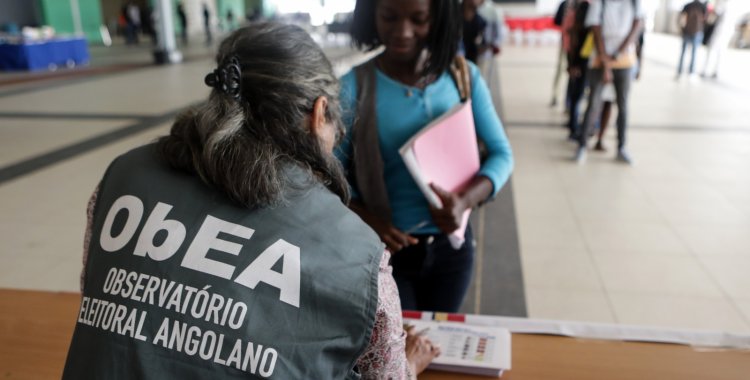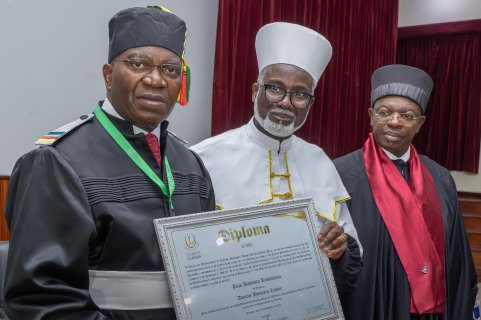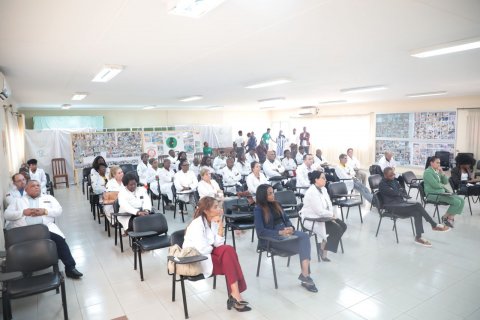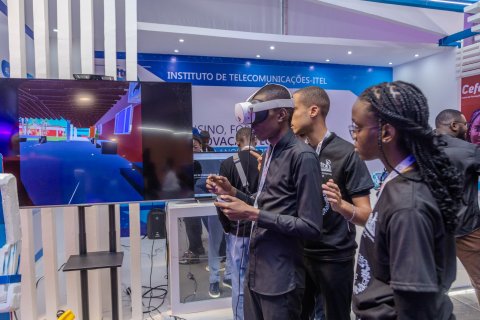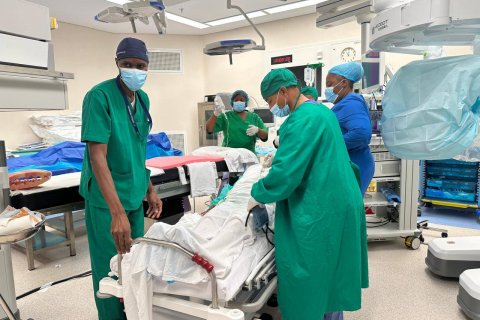Luís Jimbo, director of the Angolan Institute of Electoral System and Democracy (IASED), the coordinating organization of Obea, told the Lusa agency that a courtesy meeting was requested with the president of the CNE to dialogue with the head of the mission and the coordinating organizations to find the best mechanisms for consultation under the terms of the law and the regulation for accreditation, a request that was not met.
"The only surprise on our part is that – this request was made two weeks ago – the CNE has not yet commented on receiving us, but the Constitutional Court has already received us in this capacity, for example, who requested the meeting with the Constitutional Court is the IASED, the institution that coordinates Obea, to present the mission and the members of the mission, and the opposition political parties, the Attorney General's Office, received us in that capacity", said Luís Jimbu
"I reiterate, the CNE did not receive us and we are all stunned to hear that we were refused accreditation because we did not apply for accreditation. Those who request accreditation under the law are the organizations that are members of the electoral observatory, within , of the methodology strategy that we agreed together", he added.
Luís Jimbu said that this Wednesday they hope to submit to the CNE the request for accreditation of non-governmental organizations (NGOs) and individual processes.
"We also have to map out how we are going to cover it, the methodology, there is work that the observatory and the mission do in advance before requesting accreditation and that is what we did, we finished, and now we are going to present it to the CNE. that surprised and astonished, the CNE went ahead to say that we were denied a request for electoral observation which we did not do", he said.
The director of the IASED was also confused by the number of 1700 accredited observers announced by the CNE, when the quotas in the regulation point to 2000.
"It means that there are only 300 left, and we are not able to understand if all those who must be accredited have been accredited and will no longer be accredited, we are expecting that of these 300 we can still have some accreditations", he stressed.
For Luís Jimbu, there are still other issues to be clarified, namely the "legal legal inexistence" of Obea.
"When she is saying that she does not recognize the observatory, is she saying that she does not recognize the organizations associated with the observatory? That is to say, all these doubts that we have, only the CNE itself can clarify, but the law is clear about that, the law recognizes that who are applying for accreditation are legal non-governmental organizations and IASED, the Justice and Peace Commission, ADRA, OMUNGA, are legal organizations and have the right to apply for accreditation under the terms established by the CNE of three for each province and it is That's why we're going to pursue the law and let the CNE make a decision in the end based on these legal grounds," he stressed.
According to Luís Jimbu, the CNE "pronounced itself on a situation that does not exist", emphasizing that the electoral observatory does not present itself as an institution, but as a space for consultation.
Obea is a space for consultation of legal NGOs and churches created in 2011 to participate, reflect and contribute to issues of electoral civic education and electoral observation.
In 2012, Obea carried out its observation mission with 1200 observers accredited directly by the approximately 54 associated NGOs. In 2017, 500 observers from around 54 NGOs were accredited and, for the 2022 elections, a mission of the 61 NGOs associated with Obea was constituted.

